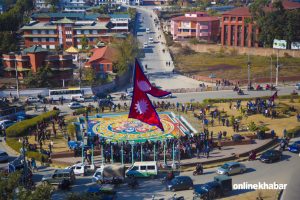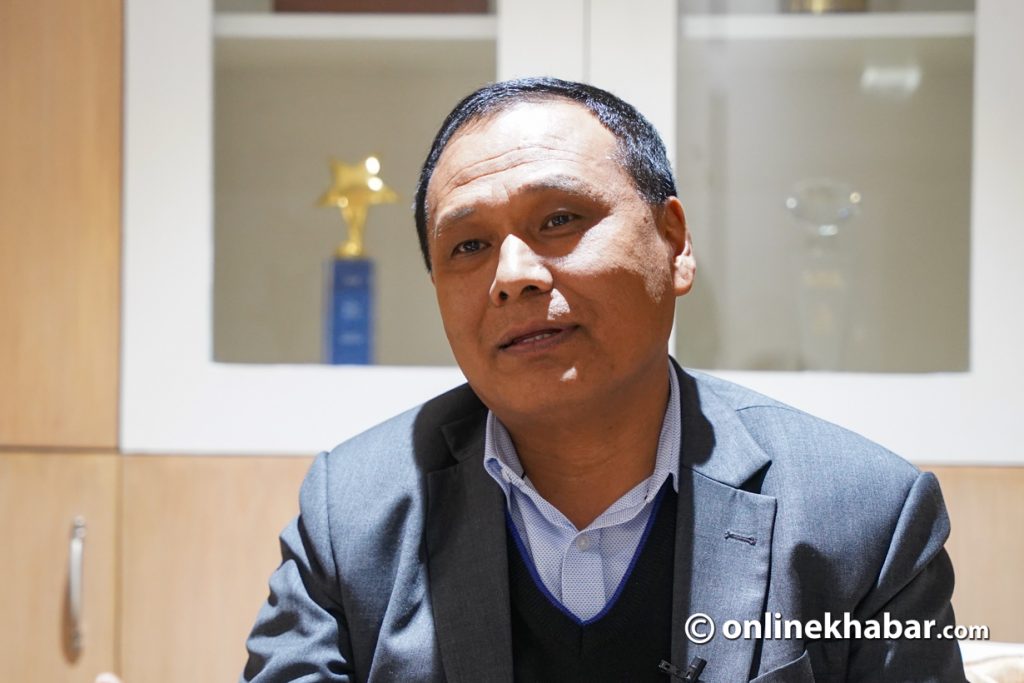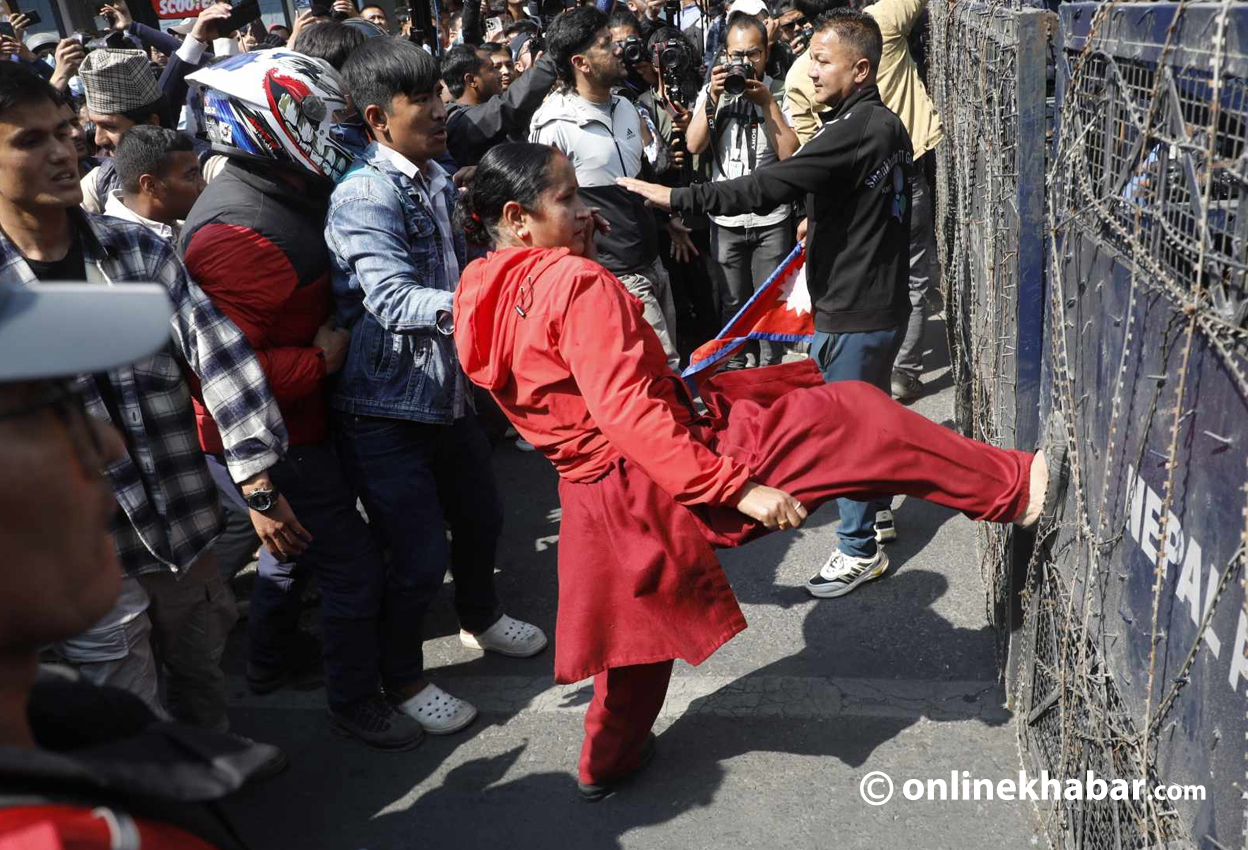
In Nepal, the education system has made commendable strides in improving student enrollment. However, significant challenges remain in ensuring that all students, especially those from marginalised groups, receive a quality education to address their life challenges.
While many children are enrolled in school, learning outcomes remain suboptimal, and a substantial number of students, particularly in rural or marginalised areas, continue to struggle with basic literacy and numeracy.
Teaching at the Right Level (TaRL) approach, by focusing on students’ actual learning levels rather than their age or grade, offers a personalised, inclusive, and scalable solution to bridge the gap between enrollment and quality education.
Individualised approach in teaching
This approach is especially critical in the context of Nepal’s diverse student population, where disparities in access to quality education- meaningful engagement and equitable learning outcomes continue to hinder the learning of children, including disadvantaged backgrounds.
Many students in remote areas still are significantly behind in foundational learning, especially in literacy and numeracy. These gaps are further exacerbated by disruptions caused by natural disasters and pandemics.
TaRL is built around the idea that every student is unique and progresses at their own pace. By assessing students based on their current learning levels rather than their grades, teachers identify specific learning gaps and address them directly.
The individualised approach ensures that students are not left behind. Early Grade literacy and numeracy skills are the foundation for all future learning. Unfortunately, many students in the early grades struggle to acquire these essential skills, which often leads to long-term challenges in education.
A solid grasp of literacy and numeracy in Grades 1–3 is critical for success in higher grades. However, most teaching methods follow a one-size-fits-all approach that assumes all students in the same grade have similar learning levels, which leaves many students behind, particularly those who face significant learning gaps.
TaRL addresses this issue by focusing on foundational skills in early-grade learning. First, teachers assess each student’s proficiency in literacy and numeracy, and based on this assessment, they provide targeted instruction at the appropriate level.
This allows students to develop the foundational skills they need before advancing to more complex subjects. As a result, early-grade students who are struggling can catch up quickly, reducing the risk of long-term academic challenges.
Inclusivity in education system
One of the most powerful aspects of TaRL is its inclusivity in nature. Nepal’s education system has long struggled with issues of equity, with students from marginalized groups, such as Dalits, indigenous communities, children with disabilities, and girls facing significant barriers to quality education. These students are often at a disadvantage due to socioeconomic factors, geographic isolation, and cultural discrimination.
TaRL is designed to meet the needs of all learners, regardless of their background. By grouping students based on their learning levels, TaRL creates an environment where each student can learn at their own pace, without being held back by a rigid grade-based system.
This individualised approach is particularly beneficial for students from marginalized groups, as it allows them to receive the support they need to catch up with their peers. Teachers tailor their instruction to meet the diverse needs of all students, using alternative teaching methods, materials, and assistive technologies to support students with different learning needs.
A critical challenge in the education system is the shortage of trained teachers, particularly in rural and remote areas. TaRL facilitates teachers to cater to the diverse needs of their students, even in large, mixed-ability classrooms. By focusing on continuous assessment, TaRL ensures that students are equipped with the skills needed via differentiated instruction, active learning, and formative assessment or assessment for better learning.
One of the key aspects of TaRL is to focus on active or hands-on learning. TaRL encourages teachers to use interactive activities that engage students in their learning. This not only makes lessons more interesting but also fosters critical thinking, problem-solving, and collaboration among students.
TaRL also promotes peer learning, where students of different learning levels help each other. This collaborative approach not only reinforces individual learning but also helps create a supportive classroom environment, where students feel motivated to learn from each other.
As a result, the classroom becomes a space of mutual respect and shared growth, rather than one where students are simply competing to keep up with a fixed curriculum.
As Nepal continues its journey toward educational reform, TaRL stands out as a strategic imperative for ensuring inclusion and equity in education. It involves a dynamic and inclusive approach that begins with assessing each student’s individual learning needs, allowing for differentiated instruction and flexible grouping.
By using tiered lessons, varied learning modalities, and offering students choices in how they express their understanding, teachers create a flexible, student-centered environment. Ongoing assessments and scaffolding ensure continuous support, while hands-on activities, collaborative learning, and the use of technology further engage students.
Emphasising socio-emotional growth and adapting to diverse learning styles helps build 21st-century skills, fostering student autonomy. Through constant feedback and reflection, teachers refine their approaches, ensuring that all students have the tools, support, and opportunities to succeed.
The time is now for Nepal to scale up the implementation of TaRL and ensure that every child receives an education that meets their unique needs and learning levels.























